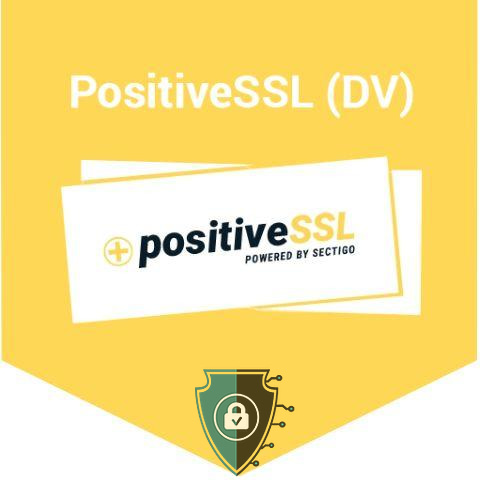Staying safe online has never been more important. Whether you run a blog, store, or large corporation site, SSL certificates are a must for protecting visitors and boosting search rankings. Here’s a simple guide to the types of SSL certificates available and when you might choose each as we head into 2025.
What Is an SSL Certificate?
An SSL certificate (Secure Sockets Layer) is a security protocol that encrypts data exchanged between a visitor’s browser and your website. When a site uses SSL, you’ll see “https” in the address bar and a padlock icon—both signals that help build trust.
Why SSL Still Matters in 2025
- Protects private information (logins, payment details, etc.)
- Improves SEO ranking (search engines prioritize https sites)
- Essential for compliance (many regulations require encryption)
- Builds user confidence (padlock = trustworthy website)
Types of SSL Certificates
1. Domain Validated (DV) Certificates
- What they do: Prove you control the domain.
- How they work: Quick setup (minutes to hours), simple verification via email or DNS.
- Best for: Small websites, blogs, or projects needing basic encryption.
2. Organization Validated (OV) Certificates
- What they do: Confirm ownership of domain and legitimacy of the organization.
- How they work: Requires documentation (business registration, etc.).
- Best for: Company websites, informational portals—where user trust is crucial.
3. Extended Validation (EV) Certificates
- What they do: Highest level of validation—shows company name in the browser’s address bar on some browsers.
- How they work: Rigorous checks on business legitimacy.
- Best for: E-commerce, banking, and sites handling sensitive user data.
4. Wildcard SSL Certificates
- What they do: Secure a primary domain and unlimited subdomains (e.g., *.runssl.com).
- How they work: One cert covers www, blog, shop, and any other subdomain.
- Best for: Businesses with multiple subdomains.
5. Multi-Domain (SAN) Certificates
- What they do: Secure multiple domains with one certificate.
- How they work: Ideal for organizations managing several websites under different names.
- Best for: Enterprises, web agencies, or businesses with diverse web presence.
Which SSL Certificate Should You Choose?
- Bloggers & Small Sites: Use a Domain Validated (DV) certificate for fast, basic security.
- Businesses: Opt for an OV certificate for extra trust; e-commerce should consider EV for maximum credibility.
- Multiple Subdomains: A Wildcard SSL is cost-effective and simple.
- Many Domains: SAN/Multi-Domain is the best fit.
How to Get an SSL Certificate for Your Website
- Choose the right type (based on your needs above)
- Select a trusted provider
- Verify your details (depending on the certificate)
- Install the certificate (your web host or IT team can help)
- Check for the padlock in your website’s address bar


